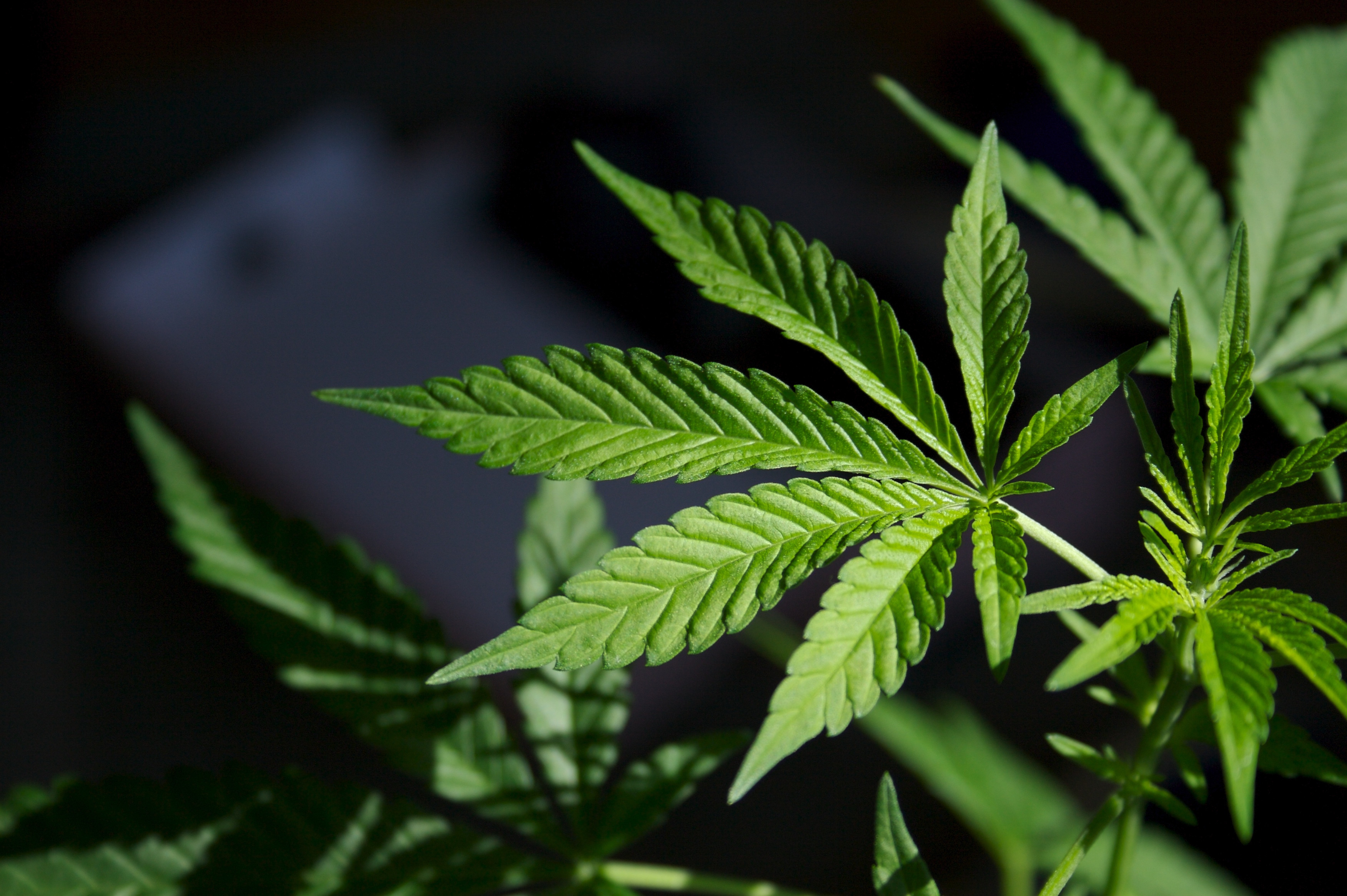Exactly How Medical Marijuana Is Transforming Pain Management Approaches in Medicine
Medical marijuana is reshaping just how we approach pain management in medication today. Its special interaction with the body's endocannabinoid system uses new methods for relief, specifically for chronic discomfort sufferers.
Recognizing Medical Marijuana and Its Parts
Medical marijuana is an effective tool suffering monitoring, many thanks to its distinct components. You'll locate that it includes numerous cannabinoids, like THC and CBD, which communicate with your body's endocannabinoid system. THC, or tetrahydrocannabinol, is known for its copyright effects and can help in reducing discomfort perception while promoting leisure. On the other hand, CBD, or cannabidiol, provides pain relief without the high, making it an appealing choice for those that choose to avoid copyright results.
Along with cannabinoids, terpenes play a considerable duty in the healing effects of cannabis. These fragrant substances not just contribute to the plant's fragrance yet also boost its pain-relieving homes. By recognizing these components, you can make educated choices concerning utilizing clinical marijuana for discomfort administration, customizing your approach to suit your specific requirements and preferences. Eventually, this knowledge equips you to browse your discomfort relief journey successfully.

The Scientific research Behind Cannabis as a Painkiller
While many individuals look for alternate discomfort relief methods, the scientific research behind marijuana discloses its effectiveness as a natural analgesic. Marijuana has cannabinoids, such as THC and CBD, which connect with your body's endocannabinoid system. This system plays a vital role in regulating inflammation, state of mind, and pain. When you eat cannabis, these cannabinoids bind to receptors in your mind and immune system, helping to modulate pain perception.
Research study reveals that cannabis can reduce persistent discomfort, making it specifically useful for conditions like joint inflammation, fibromyalgia, and neuropathic discomfort. Furthermore, the anti-inflammatory buildings of CBD can ease pain without the copyright impacts related to THC. This dual activity makes marijuana a flexible option for many discomfort monitoring techniques. By recognizing these devices, you can appreciate exactly how marijuana not just modifies the discomfort feedback yet additionally boosts your overall health, supplying an all natural strategy to pain alleviation.
Comparing Marijuana With Typical Discomfort Monitoring Options
When taking into consideration discomfort relief, you might question just how cannabis stacks up versus conventional options like opioids or NSAIDs. While marijuana has actually revealed appealing efficacy in handling discomfort, it's necessary to evaluate its advantages versus potential side effects. Let's discover just how these two strategies compare in your pain administration trip.
Effectiveness of Marijuana
Just how does cannabis pile up against conventional pain administration options? Lots of individuals locate cannabis to be effective in easing chronic pain, commonly citing its capability to minimize discomfort without the need for opioids. Research study shows that marijuana can target certain discomfort paths, giving alleviation for problems like joint inflammation and neuropathy. Unlike traditional drugs, which could feature a lengthy checklist of side effects and reliance issues, cannabis uses a various method that some people prefer. You might see that while opioids can plain pain, marijuana has a tendency to improve your total experience by improving mood and rest. This diverse impact makes cannabis an attractive alternative for lots of, specifically those searching for a more all-natural treatment in their pain administration trip.
Side Effects Contrast
Although conventional pain administration alternatives like opioids and nonsteroidal anti-inflammatory drugs (NSAIDs) are commonly utilized, they often come with a series of adverse effects that can influence your high quality of life. Opioids can bring about nausea or vomiting, reliance, and irregularity, while NSAIDs may cause gastrointestinal issues and cardio dangers. In comparison, medical cannabis often tends to have a different side impact profile. While you could experience dry mouth, wooziness, or tiredness, these impacts are generally much less severe than those related to opioids. Numerous users report that cannabis provides reliable pain alleviation without the risk of dependency. By comparing these choices, you can make an extra informed choice about your pain administration strategy, evaluating the benefits and disadvantages of each strategy (Kentucky Medical Marijuana Doctor).
Patient Experiences: Success Stories and Testimonials
Many people like you have actually located alleviation with medical cannabis, sharing motivating stories of their recovery trips. These endorsements highlight not simply discomfort alleviation, but an improvement in their general lifestyle. You have actually got the chance to check out these effective experiences and see how cannabis may suit your very own pain management strategy.
Individual Recovery Journeys
As clients look for alleviation from persistent discomfort, many healing journeys highlight the transformative power of clinical cannabis. When struggled with debilitating discomfort however found a new path to health, you may discover inspiration in the stories of individuals that. For some, a straightforward change in their therapy strategy resulted in substantial reductions in discomfort degrees, permitting them to redeem their day-to-day lives. You may become aware of those who've exchanged traditional painkillers for cannabis, experiencing less adverse effects while delighting in improved performance. These testimonials typically stress the emotional and emotional advantages also, showcasing how marijuana can promote hope and strength. Your trip could mirror their own, full of possibilities and restored stamina as you discover the healing possibility of medical cannabis.
Transformative Discomfort Alleviation
The tales of people finding alleviation through clinical cannabis show its potential for transformative discomfort alleviation. You could speak with a person who battled with persistent pain in the back for many years, only to find that a particular stress of marijuana markedly reduced their pain. One more person might share exactly how, after battling migraine headaches, they found that a cannabis-infused oil not only reduced their discomfort yet improved their overall high quality of life. These reviews highlight a typical theme: the ability to redeem everyday tasks as soon as hindered by pain. Patients frequently report less negative effects contrasted to traditional drugs, resulting in a newly found sense of freedom. As these experiences spread out, more individuals are checking out medical marijuana as a feasible option for managing their discomfort properly.
Lawful Landscape and Accessibility of Medical Cannabis
While navigating the progressing landscape of medical marijuana can be difficult, comprehending the lawful frameworks and accessibility choices is vital for patients looking for alleviation. Legislations vary considerably from one state to another, so it's important to acquaint yourself with your local guidelines. Some states have legalized medical cannabis totally, while others may still impose constraints or otherwise allow it in any way.
To gain access to clinical cannabis, you usually need a referral from a licensed doctor, highlighting the importance of finding a physician knowledgeable concerning cannabis treatments. When you get a suggestion, you can obtain a clinical cannabis card, which grants you accessibility to dispensaries.
Remember that even in states where cannabis is legal, there may be limitations on the kind of products available, as well as quantity restrictions. Staying educated about these guidelines can empower you to take advantage of the benefits clinical marijuana needs to use.
Challenges and Factors To Consider in Integrating Cannabis Into Treatment

In addition, there's the concern of prospective negative effects, which can range from light to extreme. You'll also encounter the stigma surrounding marijuana usage, both from healthcare suppliers and clients, which might impede seminars about therapy choices. Continuous research is needed to understand the lasting impacts and efficiency of cannabis in discomfort monitoring. These factors to consider check out here emphasize the need for health care experts to remain enlightened and approach cannabis assimilation thoughtfully.
The Future of Pain Administration: Fads and Predictions
As healthcare remains to advance, discomfort administration is readied to undertake substantial makeovers that could reshape therapy strategies. You'll likely see a change in the direction of more customized medicine, where therapies are customized to your one-of-a-kind hereditary make-up and details discomfort conditions. Clinical marijuana is expected to play a necessary duty in this evolution, offering safer options to opioids and reducing dependancy on standard pain relievers.
Telemedicine will certainly likewise become more widespread, allowing you to consult with specialists from the convenience pop over here of your home. This benefit can enhance access to discomfort management sources and support. Additionally, advancements in modern technology, such as wearable gadgets, will make it possible for real-time tracking of discomfort degrees, equipping you to handle your problem more successfully.
As research proceeds to verify the benefits of clinical marijuana, you can expect a lot more healthcare carriers welcoming these therapies, inevitably resulting in enhanced results and high quality of life.
Frequently Asked Questions
What Are the Prospective Adverse Effects of Medical Marijuana for Pain Administration?
When utilizing medical marijuana for pain administration, you could experience adverse effects like dizziness, dry mouth, exhaustion, or adjustments in hunger. If required., it's important to monitor how your body responds and consult your healthcare provider.
How Is Dosage Determined for Medical Marijuana hurting Therapy?
When establishing dose for medical cannabis, you consider elements like your weight, discomfort extent, and individual tolerance. It is necessary to begin reduced and slowly enhance up until you discover one of the most reliable dose for your needs.

Can Medical Cannabis Interact With Other Drugs?
Yes, medical cannabis can engage with various other medications. It's crucial to review your present prescriptions with your doctor to avoid possible negative effects or lowered effectiveness of your treatments while using cannabis.
Is Medical Marijuana Effective for All Sorts Of Pain?
Clinical cannabis isn't efficient for all sorts of discomfort. It may assist with chronic discomfort, yet feedbacks vary. You need to consult a health care specialist to identify if it appropriates for your certain problem.
What Are the Expenses Related To Medical Marijuana Therapy?
When taking into consideration medical marijuana therapy, you'll locate costs vary extensively. Expenses include assessments, product rates, and potential insurance coverage. It's important to research and budget plan appropriately for a substantial understanding of your economic dedication.
Medical cannabis is reshaping just how we come close to discomfort administration in medicine today. By comprehending these elements, you can make educated decisions about using medical cannabis for discomfort management, customizing your approach to match your specific demands and choices.Research study reveals that marijuana can reduce chronic discomfort, making it especially helpful for problems like joint inflammation, fibromyalgia, and neuropathic pain. By recognizing these systems, you can value just how marijuana not just modifies the discomfort action however likewise enhances your general well-being, providing an all natural strategy to pain alleviation.
What Are the Potential Side Impacts of Clinical Marijuana for Pain Administration?